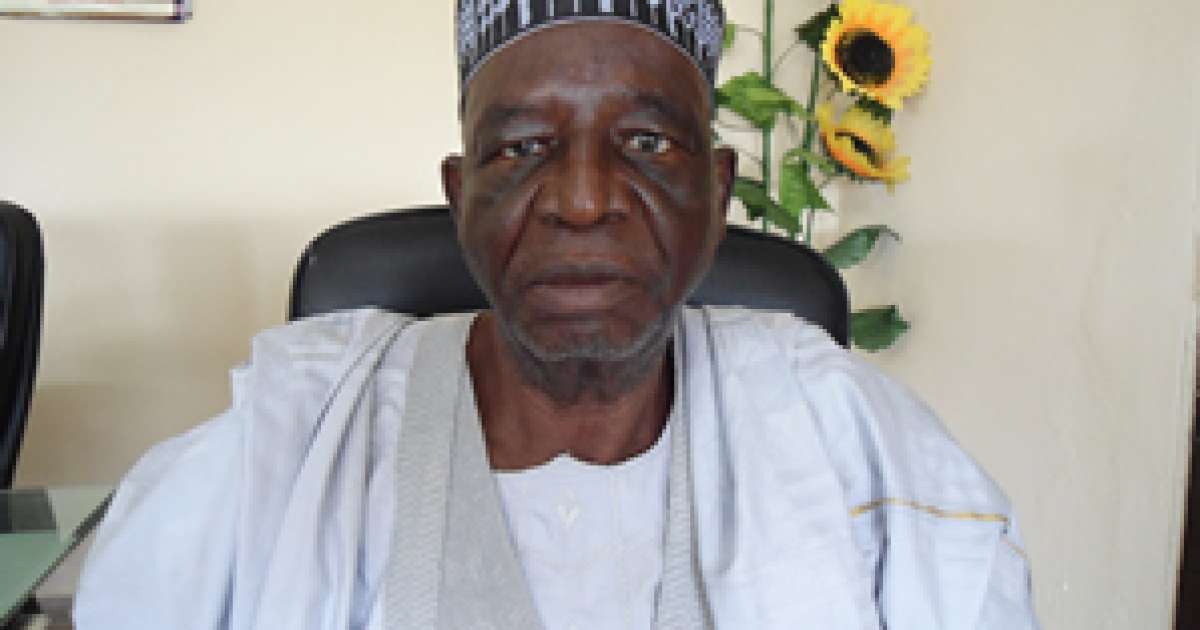Latest News
Frequent strikes forcing Nigerians to study in inferior varsities abroad – Don

A Professor of Mathematics Education and the first Executive Secretary of the National Commission for Colleges of Education (NCCE), Prof, Peter Lassa, said that frequent strikes in Nigerian universities have forced many Nigerian students to study in inferior universities and colleges outside the country.
The don, a former Deputy Vice-Chancellor (Administration) of the University of Jos (UNIJOS), disclosed this during a chat with New Telegraph while reacting to the ongoing strike by university lecturers, under their umbrella union, the Academic Staff Union of Universities (ASUU).
ASUU had on the expiration of its two-week warning strike embarked upon on March 9, last week called on its members to proceed on an indefinite nationwide strike over the inability of the Federal Government to implement the 2009 Agreement reached with the union and other sundry outstanding issues.
But, piqued by this development, Lassa wondered that most Nigerian students resorted to seeking admission into universities in neighbouring African countries, not because of the quality of their academic programmes, but basically because of the stability of their academic calendars.
He, however, regretted how incessant strikes had affected teaching and learning process in the system, as well as resulted to the colossal loss of human time and poor quality of university education in the country, with the production of half-baked graduates by universities.
The don, who also decried that the uncertainties in Nigerian universities had denied students the opportunity to graduate as at when due, owing to unnecessary delays occasioned by incessant strikes, said: “Frequent strikes have affected teaching and learning and as a result, we are witnessing is poor standard of education and poor quality of graduates of the university system.
He added: “Strike often forces teachers to condense the time-table of courses and rush the students to examination. When curriculum provides three hours for three credit courses as required, lectures spread it over a week for students to assimilate, but when lecturers condense a lecture, definitely that would lead to production of half-baked graduates.
“Today, students in Nigerian universities hardly know when they will graduate and some of these uncertainties make many students prefer to seek admission to universities in neighbouring African countries to Nigerian universities.
“This is not because of the superiority of their academic programmes, but the stability of their academic calendar. These students go abroad because our universities have failed to meet their aspirations.”
Lassa further decried the psychological effects of strikes on the students, adding that the consequences usually faced by students and their parents were quite enormous.
Therefore, the don also decried that strikes by lecturers often lead to huge economic loss, as bills for services provided were still being paid by government without being adequately utilised.
He stressed: “During strikes, universities are shut down; the staff demand that they are paid salaries. For the several months they are on strike the universities still run and pay for services, such as power, water, security and also take care of infrastructure, such as maintaining the buildings.
“One month strike by public university is estimated to be a huge loss amounting to billions on naira. This is really not a good for national development. The students also go through some psychological trauma and the effect is mostly enormous.”
He called on the ASUU and government to seek other alternative of resolving their disputes, adding that industrial action combined with inadequate attention from relevant authorities had ruined the country’s higher institution.

























